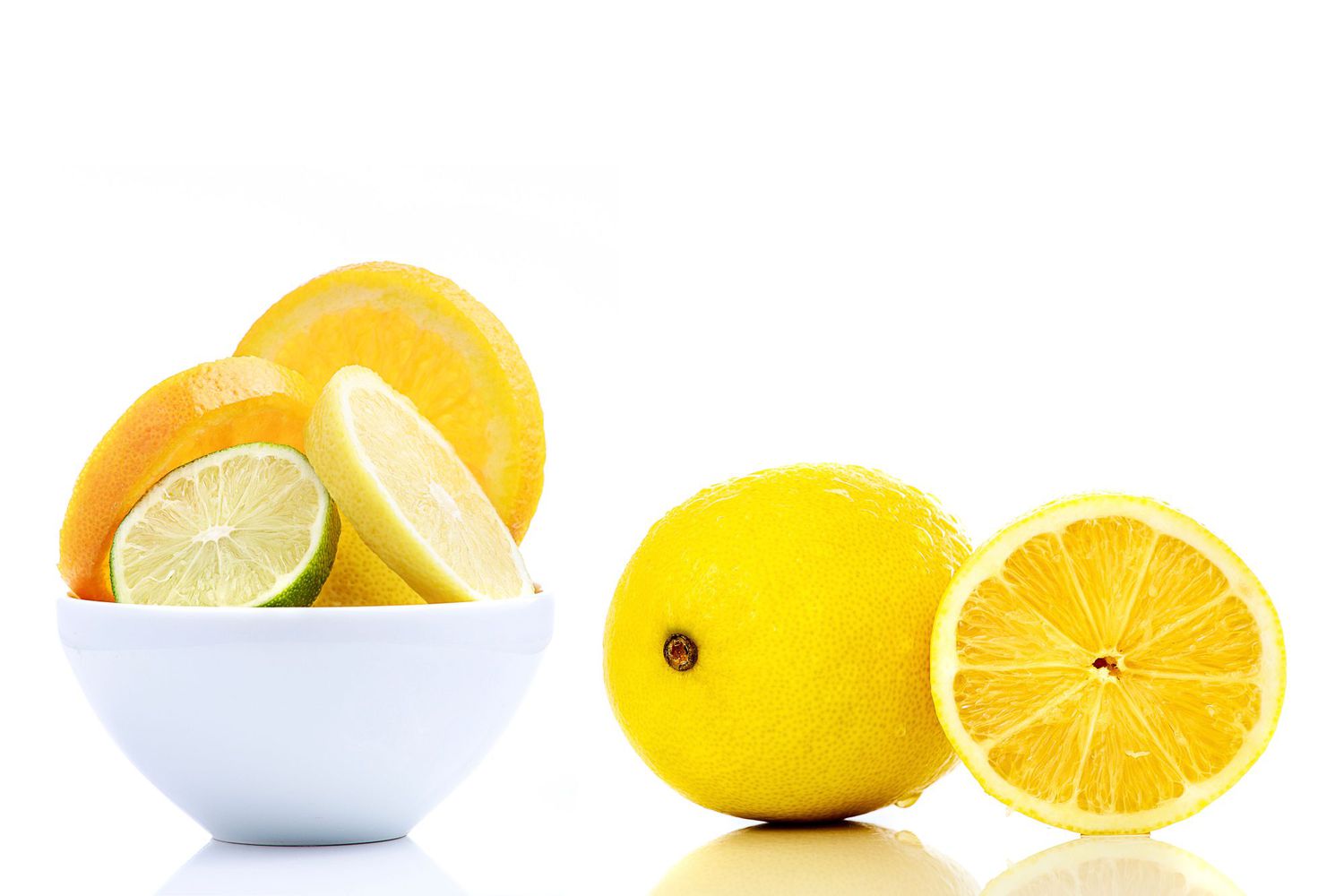

Articles
How To Store Fresh Lemon Juice
Modified: August 20, 2024
Learn the best methods for storing fresh lemon juice to keep it fresh and flavorful for longer. Explore helpful tips and techniques in this informative article.
(Many of the links in this article redirect to a specific reviewed product. Your purchase of these products through affiliate links helps to generate commission for Storables.com, at no extra cost. Learn more)
Introduction
Fresh lemon juice is not only a versatile ingredient in cooking and baking but also a popular addition to beverages. It adds a tangy and refreshing flavor that can elevate the taste of various dishes. However, lemons have a limited shelf life, and to enjoy the benefits of their juice for an extended period, proper storage is essential.
In this article, we will explore the best practices for storing fresh lemon juice to maintain its quality and flavor. We will also discuss the benefits of using fresh lemon juice, how to choose and prepare lemons, and different methods to extract the juice. So, if you’re a lemon lover or simply want to make the most out of your fresh lemons, keep reading!
Subtitle: Benefits of Fresh Lemon Juice
Before we delve into the storage techniques, let’s take a moment to appreciate the many benefits of fresh lemon juice. Lemons are rich in vitamin C, a powerful antioxidant that boosts the immune system and promotes healthy skin. They are also a good source of potassium, which aids in maintaining proper heart and muscle function.
Moreover, the acidity of lemon juice adds a burst of flavor to dishes and helps balance the sweetness in desserts and drinks. Lemon juice can also act as a natural preservative, preventing fruits and vegetables from oxidizing and turning brown.
Whether it’s squeezing lemon juice over a salad, using it in marinades, or adding a splash to your favorite beverage, incorporating fresh lemon juice into your diet can bring a host of health benefits and enhance the overall taste of your culinary creations.
Key Takeaways:
- Proper storage of fresh lemon juice preserves its tangy flavor and numerous health benefits, including boosting the immune system, aiding digestion, and supporting weight loss.
- Freezing, canning, and adding preservatives are effective methods for extending the shelf life of lemon juice, ensuring a convenient supply for culinary creations and health benefits.
Read more: How To Store Lemon Juice
Benefits of Fresh Lemon Juice
Fresh lemon juice is not only a flavorful addition to various dishes and drinks but also offers numerous health benefits. Let’s explore some of the advantages of incorporating fresh lemon juice into your diet.
- Rich in Vitamin C: Lemons are packed with vitamin C, a powerful antioxidant that plays a crucial role in strengthening the immune system. Consuming foods high in vitamin C can help protect against common illnesses like colds and flu, as well as support overall immune health.
- Boosts Digestion: The acidity of lemon juice stimulates the production of digestive juices, aiding in healthy digestion. It can help alleviate symptoms of indigestion, bloating, and heartburn. Sipping warm water with lemon juice in the morning can jumpstart your digestion and promote regular bowel movements.
- Assists in Weight Loss: Lemon juice contains pectin, a soluble fiber that can help you feel full and reduce cravings. It also aids in reducing water retention and boosting metabolism, making it a helpful addition to a weight loss regimen.
- Supports Skin Health: The high vitamin C content in lemon juice promotes collagen production, which helps keep the skin youthful and reduces the appearance of wrinkles. Additionally, applying lemon juice topically can help lighten dark spots and blemishes.
- Detoxifies the Body: Lemons have detoxifying properties and can assist the liver in eliminating toxins from the body. Starting your day with a warm glass of lemon water can help cleanse and rejuvenate your system.
- Hydrates and Refreshes: Lemon juice is a natural diuretic and can help keep your body hydrated by promoting urine production. It also adds a refreshing flavor to water, making it easier to stay hydrated throughout the day.
- Improves Dental Health: The citric acid in lemon juice can help combat bacteria that cause bad breath. However, it’s essential to rinse your mouth with plain water after consuming lemon juice to protect tooth enamel from the acidity.
- Natural Antibacterial Properties: The antibacterial properties of lemon juice can help fight off infections and support a healthy immune system. Gargling with a mixture of lemon juice and warm water can soothe a sore throat.
With all these benefits, it’s no wonder that fresh lemon juice is a beloved ingredient in many households. Let’s now move on to the next section and learn how to choose and prepare lemons for juicing.
Choosing and Preparing Lemons
When it comes to selecting lemons for juicing, there are a few key factors to consider. Follow these tips to ensure you choose the best lemons for extracting fresh juice:
- Ripe and Firm: Look for lemons that are firm and heavy for their size. Avoid lemons that feel soft or have blemishes, as they may have already started to deteriorate.
- Thin-Skinned: Lemons with thinner skin usually yield more juice. The skin should be smooth and vibrant yellow, with no green tinges. However, keep in mind that different lemon varieties may have slightly different skin tones.
- Avoid Wax-Coated Lemons: Some lemons are coated with wax to prolong their shelf life. Opt for unwaxed lemons if possible, as the wax can affect the flavor and add unwanted chemicals to your juice.
- Organic or Non-Toxic: If you prefer to use organic lemons, look for ones that are labeled as such. Organic lemons are grown without the use of synthetic pesticides or fertilizers.
- Wash and Clean: Before juicing the lemons, give them a thorough wash under running water to remove any dirt, residue, or wax that may be on the skin. You can also gently scrub the skin with a clean vegetable brush.
- Room Temperature: For optimal juice yield, it’s best to juice lemons at room temperature. If the lemons have been stored in the refrigerator, let them sit at room temperature for about an hour before juicing.
Now that you have chosen the perfect lemons, it’s time to move on to the next step – squeezing the juice. In the following section, we will discuss different methods for extracting fresh lemon juice.
Squeezing the Lemons
When it comes to squeezing fresh lemon juice, there are various methods you can use depending on your preference and the tools available. Here are three common ways to extract the juice from lemons:
- Hand Squeezing: This method requires no special equipment and is the most straightforward way to squeeze lemons. Start by rolling the lemon on a hard surface, applying gentle pressure to break down the fibers and make juicing easier. Cut the lemon in half crosswise and use a lemon squeezer or your hand to squeeze the juice out into a bowl or directly into your desired container. Be careful not to let the seeds fall into the juice.
- Citrus Juicer: A citrus juicer is a handy tool designed specifically for extracting juice from citrus fruits. Cut the lemon in half crosswise and place one-half into the juicer, cut side down. Press the handles together to extract the juice, allowing it to flow into a bowl or container. Repeat the process with the remaining lemon halves.
- Electric Juicer: If you have an electric juicer, it can make the process even easier and quicker. Cut the lemons in half and place them in the juicer, following the manufacturer’s instructions. Turn on the machine and let it extract the juice. Electric juicers are especially useful when you need to juice a large quantity of lemons.
No matter which method you choose, make sure to strain the juice to remove any seeds or pulp for a smooth consistency. You can use a fine-mesh sieve or a cheesecloth-lined strainer to accomplish this.
Remember, the best flavor and quality of lemon juice come from freshly squeezed lemons. The juice can be used immediately in your recipes or stored for later use. In the next section, we will discuss the proper storage methods for preserving the freshness of your lemon juice.
Store fresh lemon juice in an airtight container in the refrigerator to maintain its freshness and flavor. It can be kept for up to a week.
Storing Fresh Lemon Juice
Proper storage is essential to maintain the freshness and flavor of fresh lemon juice. Here are some guidelines on how to store your lemon juice:
- Refrigeration: The easiest and most common way to store fresh lemon juice is in the refrigerator. Transfer the juice into an airtight container, such as a glass jar or a plastic squeeze bottle, and seal it tightly. The refrigerator’s cool temperature will help slow down the deterioration of the juice and keep it fresh for up to a week.
- Freezing: Another option for preserving lemon juice is to freeze it. Freezing the juice allows you to store it for a longer period without compromising its freshness. Pour the juice into ice cube trays or small freezer-safe containers, leaving some headspace for expansion. Once frozen, transfer the lemon juice cubes or containers to a freezer bag for easier storage. The frozen lemon juice can last for up to 6 months in the freezer.
- Canning: For those looking to store larger quantities of lemon juice, canning is a viable option. Sterilize glass jars and lids by boiling them in water for a few minutes. Fill the jars with the freshly squeezed lemon juice, leaving a little space at the top. Place the lids on the jars and process them according to proper canning procedures. Canned lemon juice can last for about a year when stored in a cool, dark place.
- Using Preservatives: If you want to extend the shelf life of your lemon juice, you can add a preservative like vitamin C powder or citric acid. These substances help inhibit the growth of bacteria and maintain the freshness and color of the juice. However, it’s important to note that using preservatives may alter the taste and natural attributes of the lemon juice.
Remember to always label your containers with the date of preparation to keep track of the freshness of the lemon juice. Additionally, make sure to store the juice away from strong odors and avoid exposure to direct sunlight, as these factors can affect the quality and taste of the juice.
Having discussed the different storage methods for fresh lemon juice, let’s now move on to explore some additional ways to extend its shelf life.
Ways to Extend the Shelf Life
While proper storage is important, there are additional steps you can take to further extend the shelf life of fresh lemon juice. Consider the following methods:
- Pasteurization: Pasteurization is a process that involves heating the lemon juice to kill any bacteria or microorganisms that may cause spoilage. Start by heating the juice in a saucepan over medium heat until it reaches a temperature of 160°F (71°C). Maintain that temperature for about a minute, then remove the juice from the heat and let it cool. Once cooled, transfer the pasteurized juice to a sterilized container and store it in the refrigerator.
- Using Lemon Zest: Lemon zest, the outermost layer of the lemon peel, contains natural oils that can help preserve the freshness of lemon juice. Before squeezing the lemons, use a zester or a grater to remove the zest from the lemons. Add a small amount of the zest to the juice and give it a gentle stir. The oils released from the zest will help keep the juice fresh for a longer period.
- Vacuum Sealing: Vacuum sealing is an effective method to remove oxygen from the storage container, preventing spoilage and maintaining the freshness of the lemon juice. Use a vacuum sealer machine or vacuum sealer bags specifically designed for liquids. Seal the juice in the bag or container, removing as much air as possible, and store it in the refrigerator or freezer based on your preferred storage method.
- Adding Sweeteners: Adding a small amount of sweetener like sugar or honey to the lemon juice can help extend its shelf life. The sugar or honey acts as a natural preservative by binding with water molecules and inhibiting the growth of bacteria. However, keep in mind that this method will alter the taste and sweetness of the lemon juice.
These additional techniques can help prolong the freshness of your lemon juice, allowing you to enjoy its tangy flavor for an extended period. However, it’s essential to note that even with these methods, the quality of the juice will decline over time. It’s always best to consume the juice as soon as possible for the best flavor and nutritional value.
Now that we have explored the ways to extend the shelf life of lemon juice, let’s move on to some useful tips for using frozen lemon juice.
Tips for Using Frozen Lemon Juice
Frozen lemon juice is a convenient ingredient to have on hand, allowing you to enjoy the flavor of freshly squeezed lemons even when they’re out of season. Here are some helpful tips for using frozen lemon juice:
- Thawing the Juice: When you’re ready to use the frozen lemon juice, transfer it from the freezer to the refrigerator and let it thaw overnight. This gradual thawing process helps retain the flavor and consistency of the juice. Avoid microwaving or using hot water to thaw the juice quickly, as it can negatively affect the quality.
- Portioning and Freezing in Ice Cube Trays: To make it easier to use the frozen lemon juice, consider freezing it in ice cube trays. Measure out the desired amount of lemon juice into each compartment of the tray and freeze until solid. Once frozen, transfer the lemon juice cubes into a freezer-safe bag or container for easy portioning. This way, you can take out only what you need without thawing the entire batch.
- Recipe Conversion: When using frozen lemon juice in recipes that call for fresh juice, keep in mind that the frozen juice may have a slightly different taste due to the freezing process. Start by using the same amount of frozen juice as the recipe specifies for fresh juice, and adjust the amount based on your taste preferences.
- Refreshing Beverages: Frozen lemon juice cubes can be a refreshing addition to beverages. Drop a few cubes into a glass of water, iced tea, or lemonade for an instant burst of citrus flavor. The frozen cubes act as ice cubes, keeping your drink cold while infusing it with lemony goodness.
- Cooking and Baking: Frozen lemon juice can be used in various dishes, including marinades, salad dressings, sauces, soups, and baked goods. Simply thaw the required amount of juice and use it as you would fresh lemon juice in your favorite recipes. The flavor and acidity of the frozen juice remain intact, making it a suitable substitute in most culinary applications.
- Labeling and Date: It’s important to label your containers or bags of frozen lemon juice with the date of freezing. This helps you keep track of how long it has been stored and ensures you use the oldest batch first.
By following these tips, you can make the most out of your frozen lemon juice and enjoy the tangy flavor of lemons throughout the year. Now let’s summarize what we’ve discussed in this article.
Conclusion
Fresh lemon juice is a versatile and flavorful ingredient that can enhance the taste of various dishes and beverages. By following proper storage techniques, you can preserve the freshness and quality of your lemon juice, allowing you to enjoy its tangy goodness for an extended period.
Choosing ripe and firm lemons, washing them thoroughly, and using techniques like hand squeezing, using a citrus juicer, or an electric juicer, ensure that you can extract the maximum juice from the lemons. Straining the juice to remove any seeds or pulp provides a smoother consistency.
Storing fresh lemon juice can be done by refrigerating it in airtight containers or freezing it in ice cube trays or small freezer-safe containers. Canning the juice or using preservatives are additional options for long-term storage.
There are also methods to extend the shelf life of lemon juice, such as pasteurization, adding lemon zest, vacuum sealing, or adding sweeteners. These techniques can help maintain the freshness of the juice for a longer duration.
When working with frozen lemon juice, thaw it gradually in the refrigerator, portion it into ice cube trays for ease of use, and adjust recipe quantities based on taste preferences. Frozen lemon juice can be used to refresh beverages, add flavor to cooking and baking, and is a convenient substitute for fresh lemon juice.
Incorporating fresh lemon juice into your diet not only adds a burst of flavor but also brings numerous health benefits. Rich in vitamin C, lemon juice boosts the immune system, aids digestion, supports weight loss, and promotes healthy skin. It also acts as a natural preservative and possesses antibacterial properties.
So, whether you enjoy a refreshing glass of lemonade, add a zing to your favorite recipes, or use it for its health benefits, fresh lemon juice is a valuable addition to any kitchen. With proper storage and handling, you can ensure that you always have a supply of this tangy delight at your fingertips.
Frequently Asked Questions about How To Store Fresh Lemon Juice
Was this page helpful?
At Storables.com, we guarantee accurate and reliable information. Our content, validated by Expert Board Contributors, is crafted following stringent Editorial Policies. We're committed to providing you with well-researched, expert-backed insights for all your informational needs.
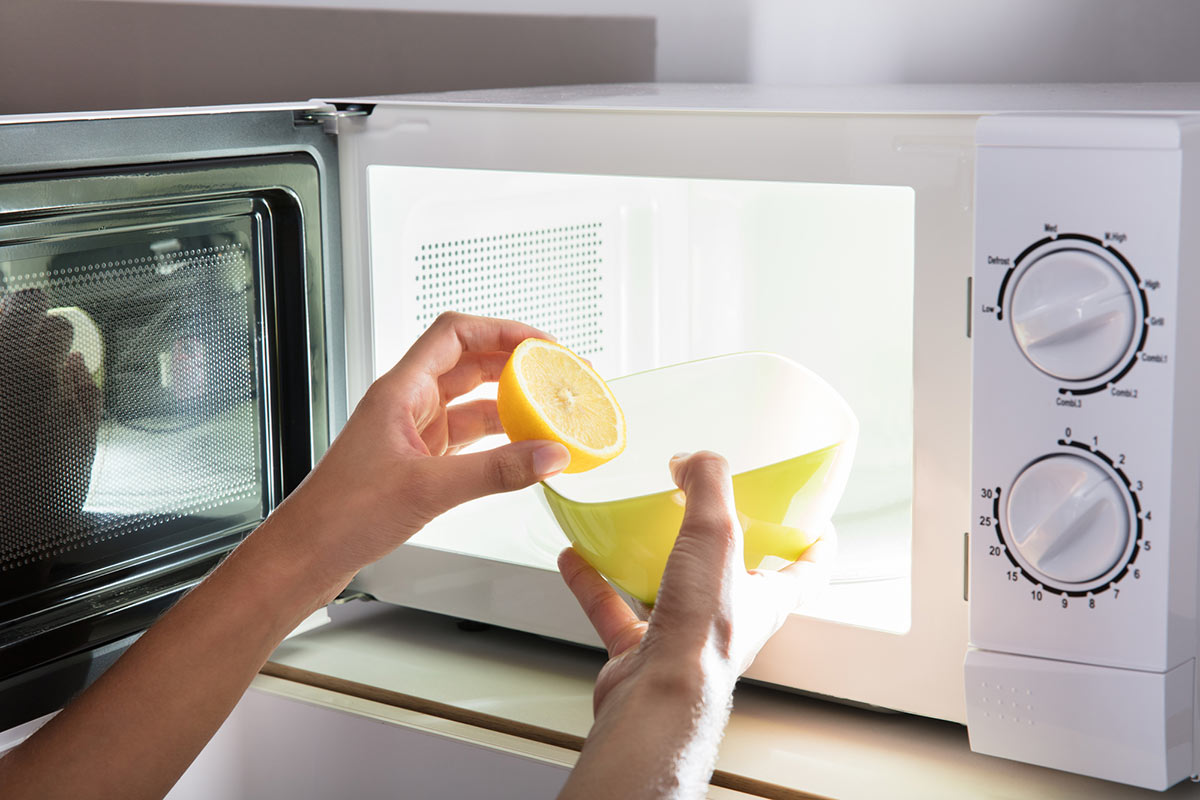

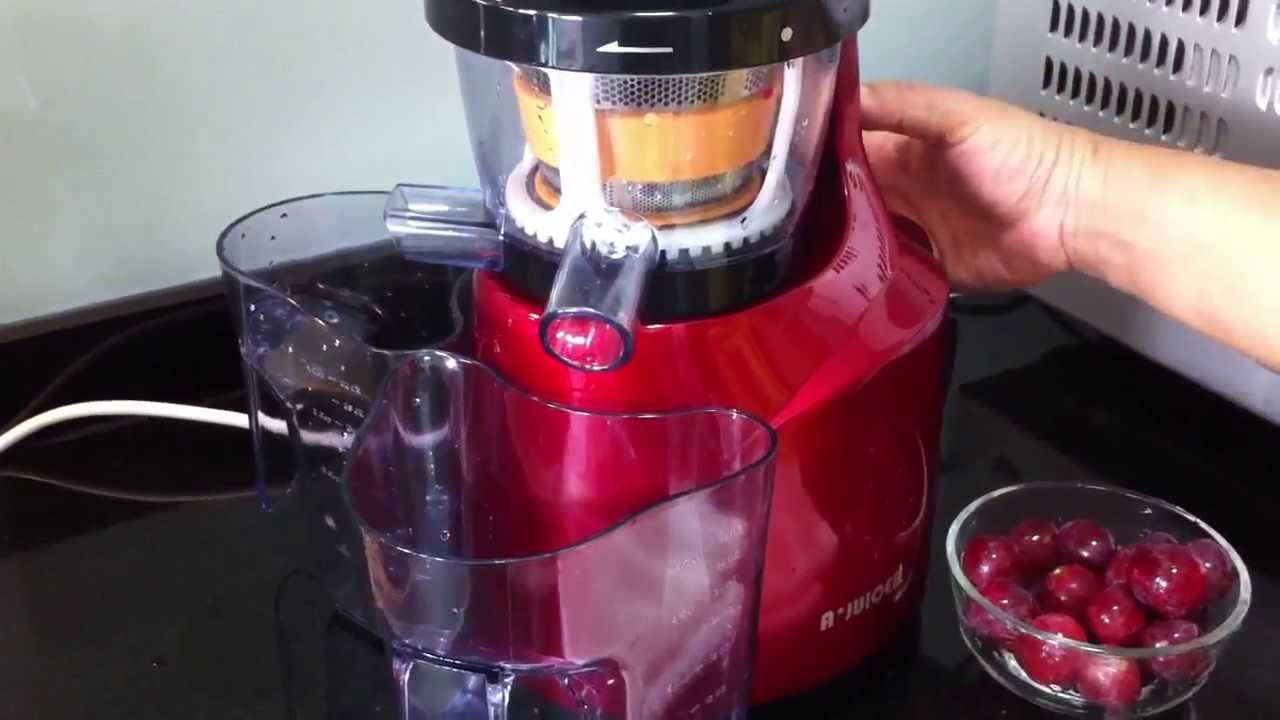
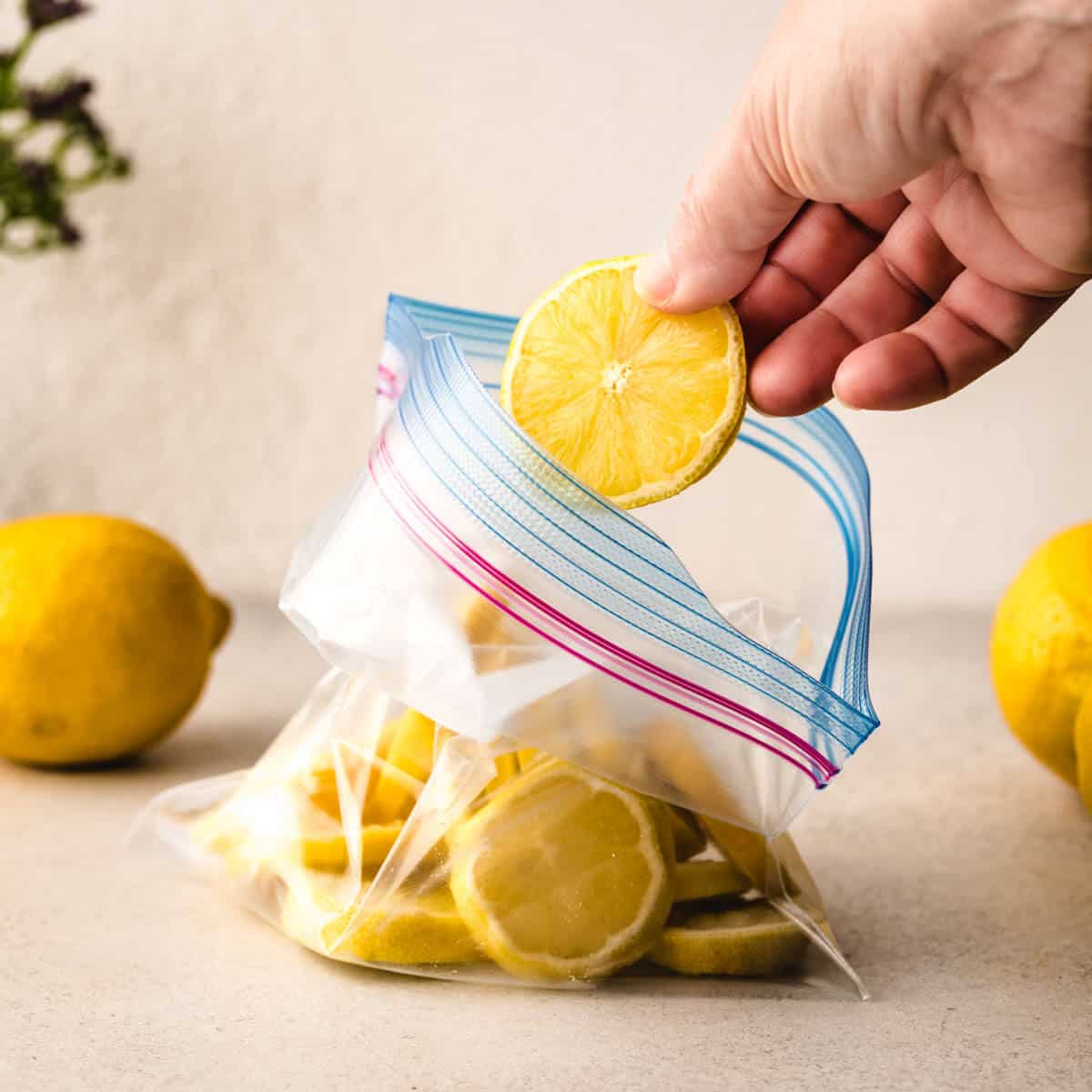

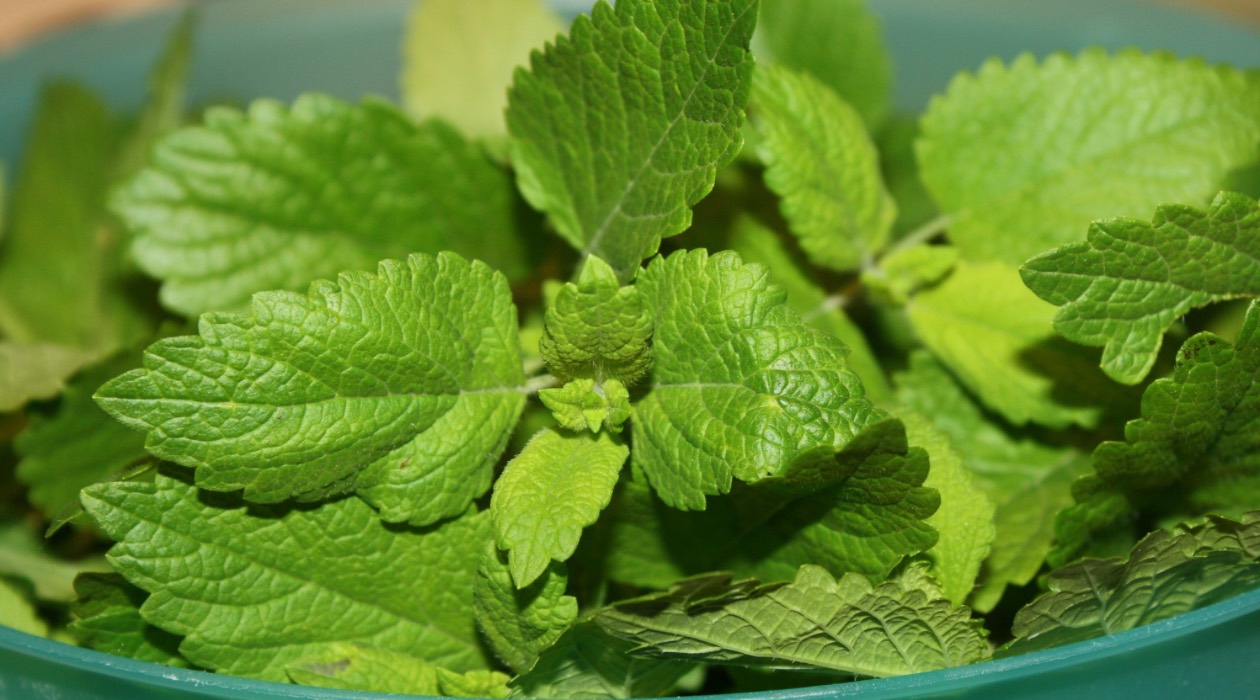


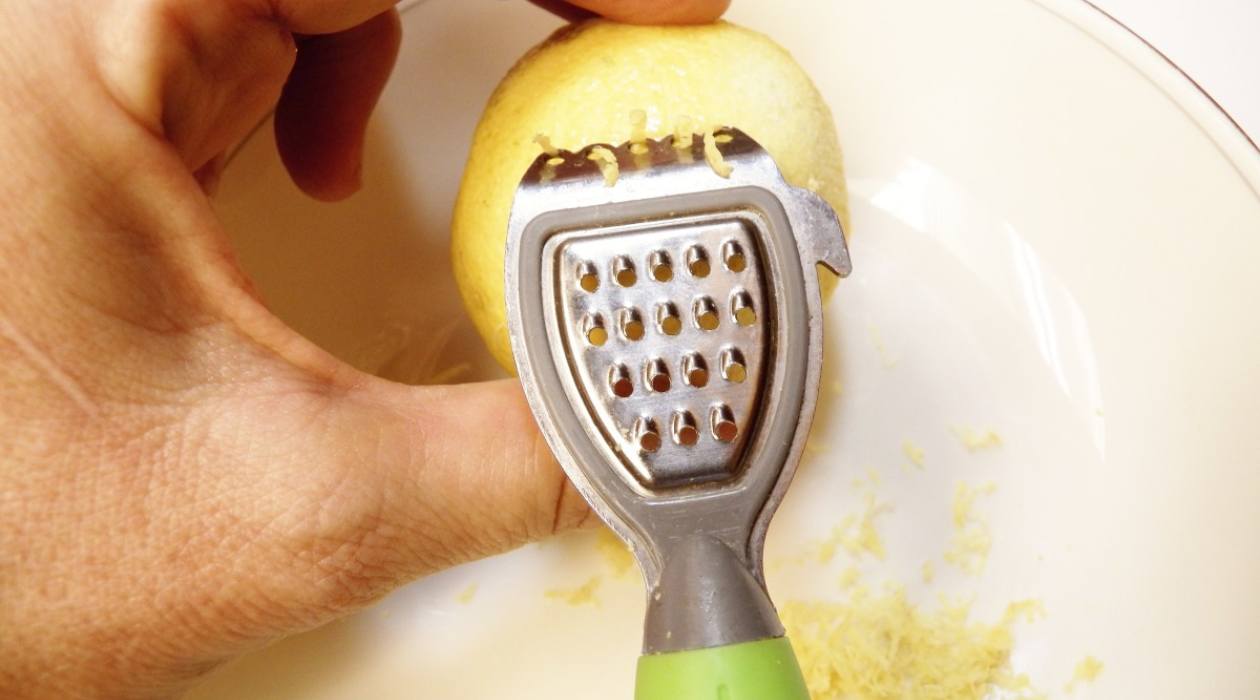
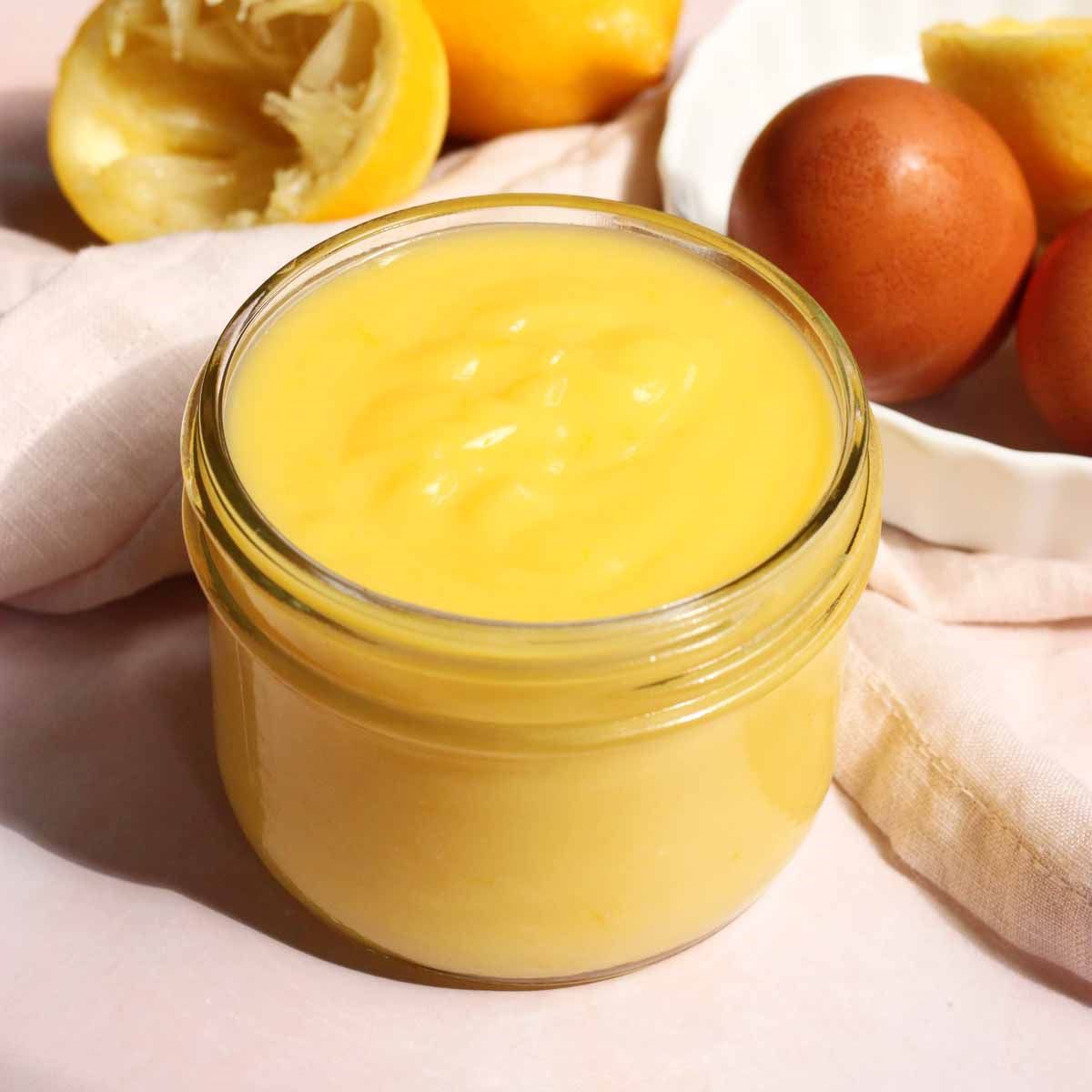



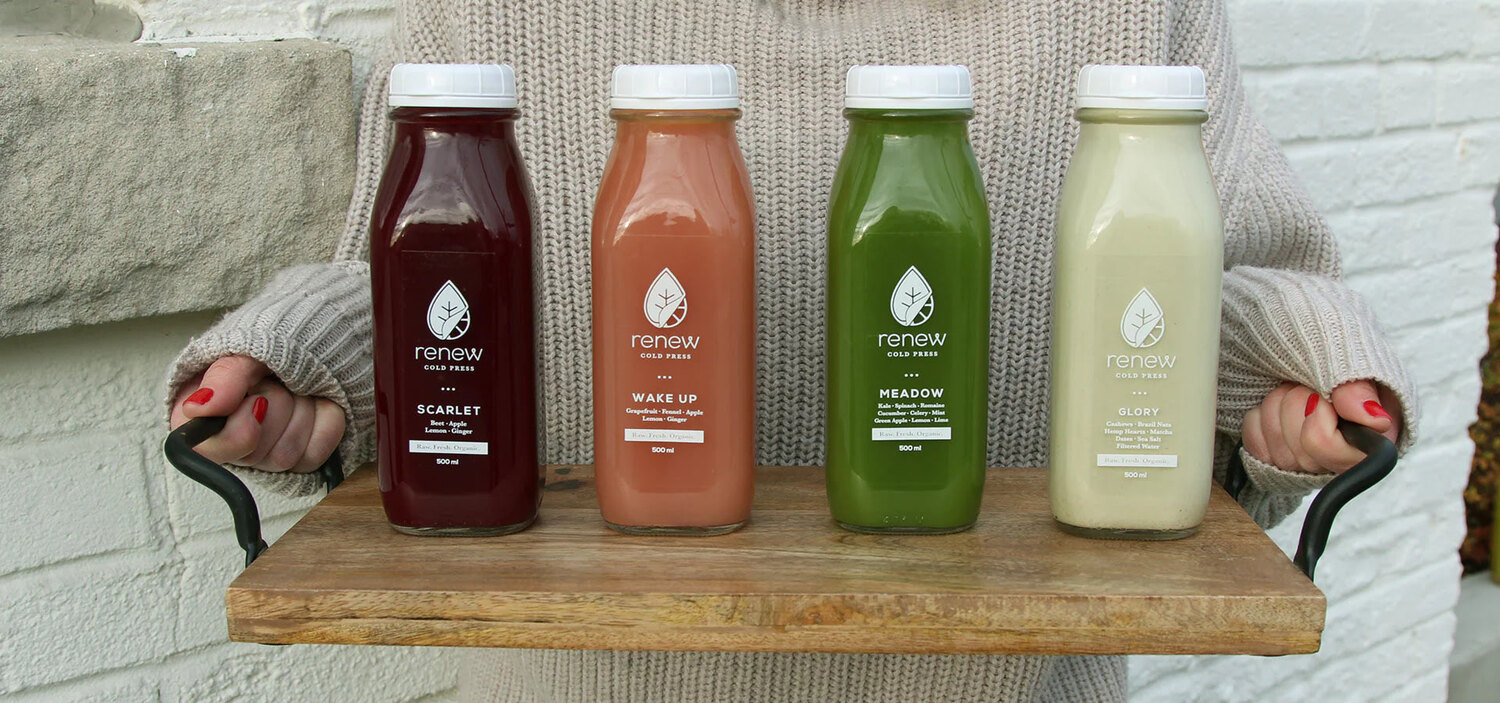

0 thoughts on “How To Store Fresh Lemon Juice”